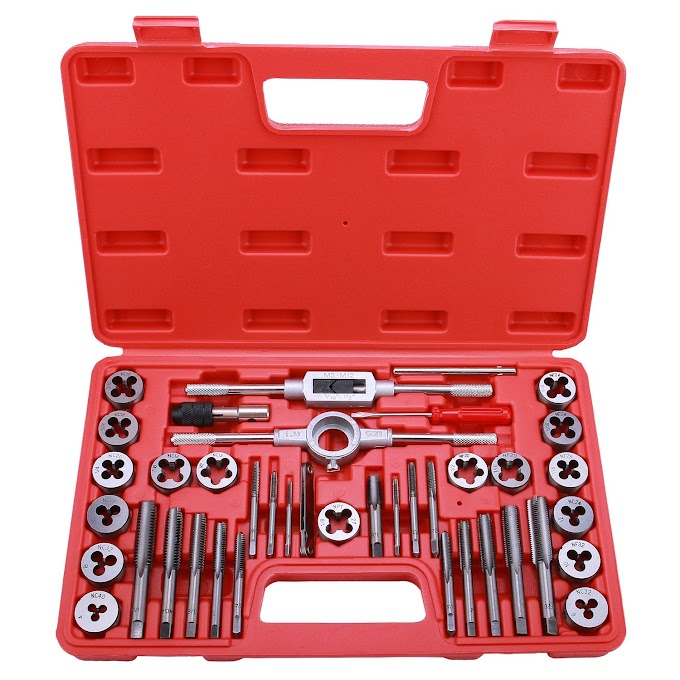When you're preparing for an interview, it's easy to get confused as to which questions to prepare for. Should you prepare the entire questionnaire on your own or should you hire a professional? Will you be asked psychological questions such as; "What made you want to become a teacher?" or will you be asked economic questions such as; "How many children do you have to manage?"
Although these are very legitimate questions, they are not the only questions you'll be asked during an interview. In fact, if you prepare for every eventuality, you won't need to prepare nearly as much. Here are some of the other types of questions that will be asked:
* Cultural fit - You'll probably be interviewed by someone from the opposite profession. During the interview, he/she may pose questions about what you like about your previous work and what you dislike. This can be both entertaining and nerve wracking, but the answers you give during this part of the interview can make a big difference in your ability to succeed in the position. Think about your answers carefully. Explain why you're happy with your previous position, and why you'd do it again.
* Questions about your communication style - Another common question. This question requires careful thought. You'll probably be asked questions such as; "How would you communicate with a student who is shouting at you?" or "How do you make sure your students stay on task?" The best way to prepare for this type of interview is to prepare as much as possible beforehand.
* Behavioral question - You'll probably be asked questions concerning your personality. Are you or more of an introvert? Are you a good listener or a talker? Do you think that you are a good leader or not? You must prepare yourself properly for such questions before you go in for the interview.
* Teaching responsibilities that you've learned - As a teacher, it's likely that you have knowledge about several subjects. Some of these may be related to your specific field of study, while others should not. When asked about your teaching responsibilities, the best thing to do is to prepare ahead of time so that you know exactly what you'll be answering.
* State your teaching ambitions - One of the most common questions you will be asked in a teaching interview. If you are interested in a variety of positions, you will want to mention this to the interviewer. Otherwise, you will only come across as faking an interest. To really shine, though, you should take the time to elaborate about your ambitions and how you can best help students to realize those ambitions.
* 11 questions you'll be asked at a teaching interview - While you should prepare ahead of time for the questions you are likely to face during the interview process, there are also a few simple rules of thumb that you should keep in mind. For example, if you are looking for a teaching position at a smaller school, avoid asking too many personal questions. It's best to stick to general questions about what your strengths are and what makes you qualified for the position. This will show the interviewer that you are a professional who is prepared for whatever comes your way.
* 11 questions you'll be asked at an interview - The last thing you want to do is appear unprepared for any of these questions. Keep everything you can about yourself handy so you can refer to them when you feel you don't know the right answer. Think carefully about what types of things you should discuss during the interview. It might be helpful to prepare a small list of bullet points about your experience and qualifications. Then, you can simply review these points before the interview.
* 11 questions you'll be asked at an interview - During an interview, you'll obviously want to show the interviewer that you're qualified for the job. One of the best ways to do this is to be prepared with a list of your qualifications and references. Ask friends or colleagues who've worked in your area for a reference. Ask your employer for references. Above all, have a clear understanding about what you should expect during the interview and when you should be ready to give them answers.
There are more questions than you might think you'll need to prepare for. Always remember that preparation is key. It's even more important if you're preparing for a teaching job in a different area or from another school. Your questions and answers need to match the curriculum vitae that you will be submitting to your potential employers. If you're confused about some of the interview questions, it might help to read some sample questions or even take a practice exam.






0 Comments